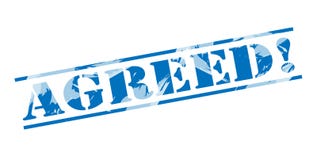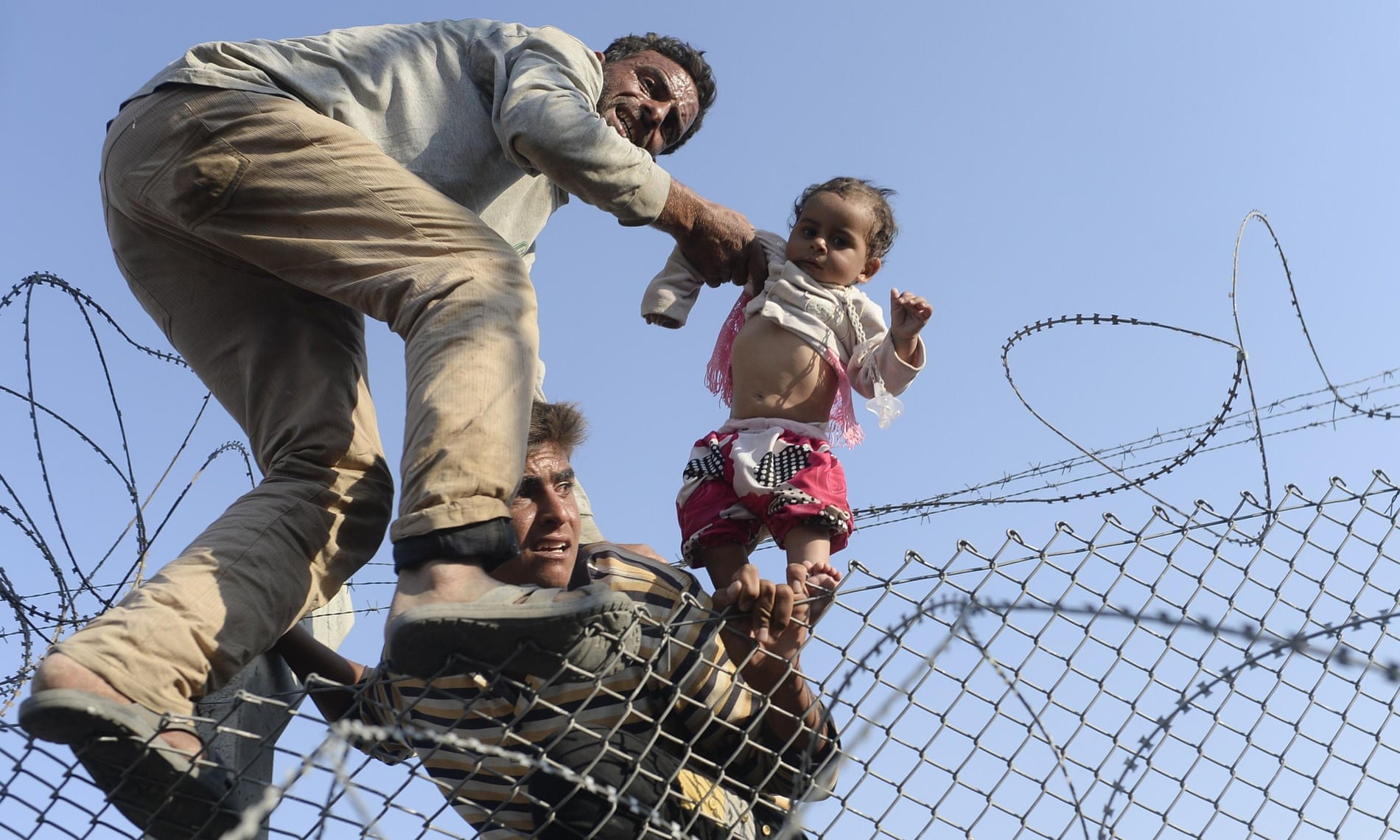A new start! You and your family are relocating; pack and go!
A new neighborhood, new schools, new people and culture ... okay, not new, just different, but it's all new to you and your family.
It's a whirlwind for the first months as the job becomes routine, as the kids settle in, and as the details of life fall into place; house, bills, food, transportation, school work, friends, and language. There's a bit of tension, perhaps because you're not a perfect fit yet.
Food is expensive; that and housing consume most of your income. You've got a job, but it doesn't pay well yet. It's a struggle to keep the growing kids clothed and equipped for school and life.
Two jobs now, plus mom has to work too. The only opportunity she's found so far is doing maid services in the households of the wealthier folks several blocks away. She walks to and from. There's a railroad track and some woods she has to cross on the way. Her jobs don't pay well, but they let her take home leftovers and old clothing they don't want.
The school environment is difficult for the kids. They don't fit in, and that's an impediment to learning, it turns out. There's little help from mom and dad that makes a difference, and anyway, they're not available much because of working all the time and odd hours.
The neighborhood is kind of harsh. There are drug dealers, and there are gangs of bullies. It's not really safe. You know people that have died here. There are a lot of single moms; fathers have a hard time because no matter how hard they try, they can't really provide well for their families or find a way ahead.
Fifty years later, your children and grandchildren are grown. Some have risen out of their simple beginnings, but not all. The doors of opportunity aren't really open yet. As for you, you're old now. Your little house is mostly paid for, and you've got a social security check. You can still work; you've got a little job at minimum wage for a few hours a week. Technically, you're below the poverty line, but you think you can make it okay for awhile.
Your great-grandson recounts his own story...
We live in the city; it's an okay neighborhood. Dad died here before I was born. Mom takes care of us, but she works a lot so my big sister pretty much runs the household. School is hard, and I've missed a lot of days because I've been sick, not sure what kind. I get breakfast if I go to school, so I'd really rather go. I think my sister is doing some kind of drugs her boyfriend gave her. She doesn't help me with my homework like she used to. I want to be a pilot, but I don't know if my grades will be good enough.
______________________________________________________________________
Much has changed since 1970, but too much remains the same. Persistent poverty is a particular concern. Our social intent is not a patriarchal government that takes care of everybody. Our intent is to make a place for everyone and lend a hand where it's needed. Justice, fairness, freedom from oppression and abuse, wide-open opportunity ... how are we doing?
In a multi-year inquiry into inner-city demographics of school children, we find that:
- most of the children have seen street violence and are familiar with gang and drug cultures,
- most know of someone who has died violently in their neighborhood,
- many or most have no father in their lives,
- many have mothers who are occasional prostitutes for lack of other income, and
- many will not finish secondary school or go on to higher education.
Why might that be true?
____________________________________________________________________
"Despite increased racial and ethnic diversity, American neighborhoods continue to be segregated and some of the progress made toward integration since 1980 has come to a halt this decade, according to an analysis of Census Bureau data released Tuesday." "This is a surprising result," said Brown University sociology professor John Logan, who analyzed the Census numbers. "At worst, it was expected that there would be continued slow progress."
Among our most segregated cities, Chicago's black-white dissimilarity score is 75.9, according to the 2010 Census data. A score above 60 on the dissimilarity index is considered very high segregation.
See 21 Maps of Highly Segregated Cities in America. The list includes Houston, Baltimore, Chicago, Columbus, Pittsburg, Memphis, Los Angeles, Boston, Miami, New York, ....
________________________________
 |
| Chicago west side, race riots 1968 |
When 10-year-old Lafayette Rivers described his hopes in Alex Kotlowitz’ award-winning book, There Are No Children Here, he began, “If I grow up, I’d like to be a bus driver.”
"If I grow up ...."
 |
| Chicago west side, narcotics arrests 2013-14 |
He lived in a public housing complex on Chicago's west side.
 |
Chicago west side, protests and lawsuits 2015.
One complainant, a mother whose son was killed
shielding a friend on a city bus when a
gang member boarded and opened
fire on a rival group. |
Children in more privileged neighborhoods often ponder what they will do when they grow up, but not if they will grow up. The fact that place and race exert such a profound impact on one’s future, or whether there even will be a future, violates every national ethic of equality and justice. It is brutal.
__________________________________________________________
Like most Americans, I'm a descendent of immigrants. My great-grandfather David was born in Ely, England, in 1868. He and his wife came to settle in Nebraska as farmers. They had little and lived simply. Their descendents are artists and writers, college professors and production workers, teachers, farmers, and church builders, and me. It worked out well enough for us, but we may have had an advantage. We were white. Does that make a difference? Anything odd or out of balance about us?

"I could see that the Wasichus [whites] did not care for each other the way our people did .... They would take everything from each other if they could, and so there were some who had more of everything than they could use, while crowds of people had nothing at all and maybe were starving. ... This could not be better than the old ways of my people." Nicholas Black Elk, 1863-1950, fought at Wounded Knee, was well integrated into the emerging American lifestyle, traveled to England and Europe, converted to Catholicism and raised his children in the church. He offers an interesting perspective on white culture.
You have to wonder how much there is that we don't yet understand. For better or worse, we're still changing. Got a plan?






















